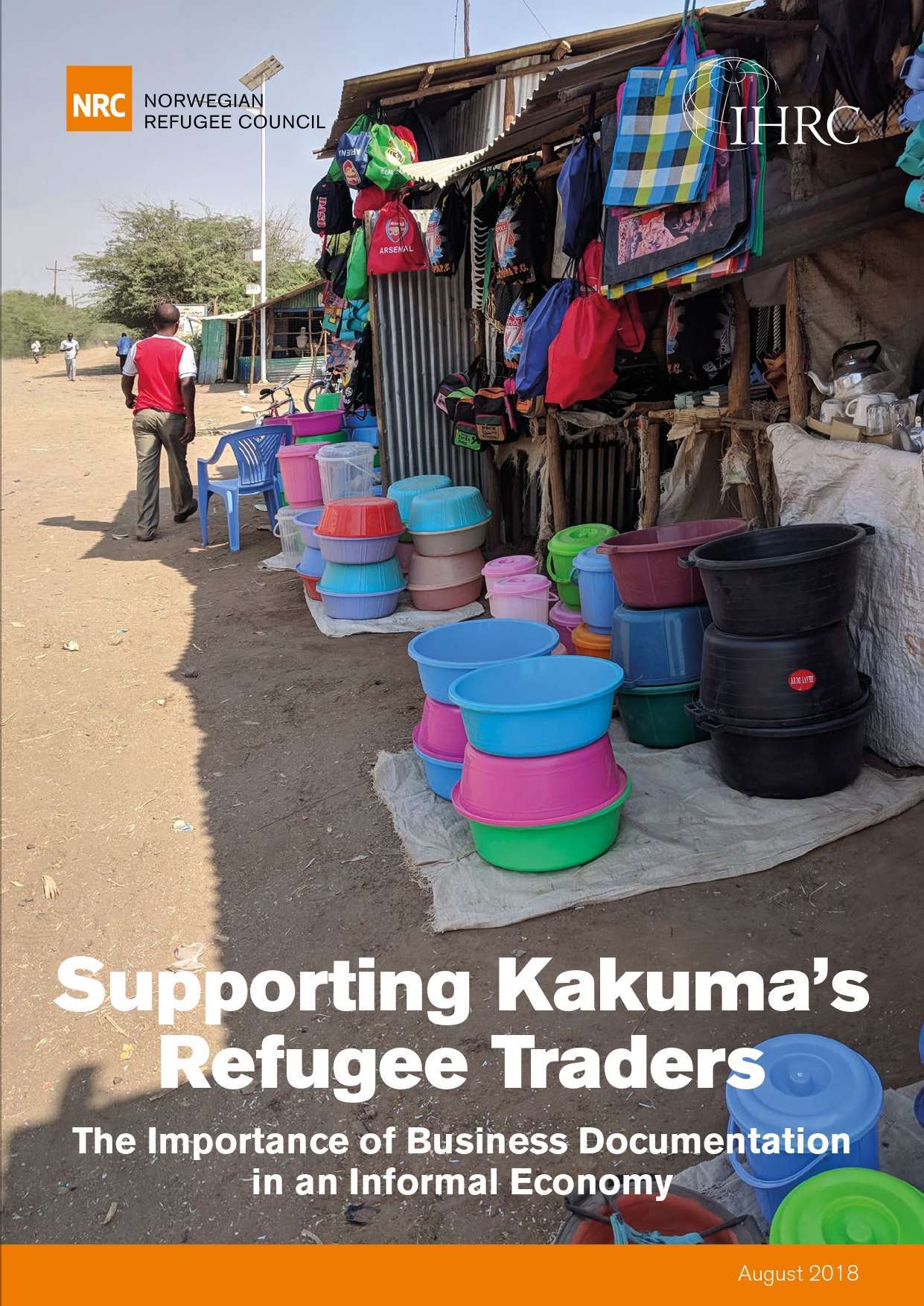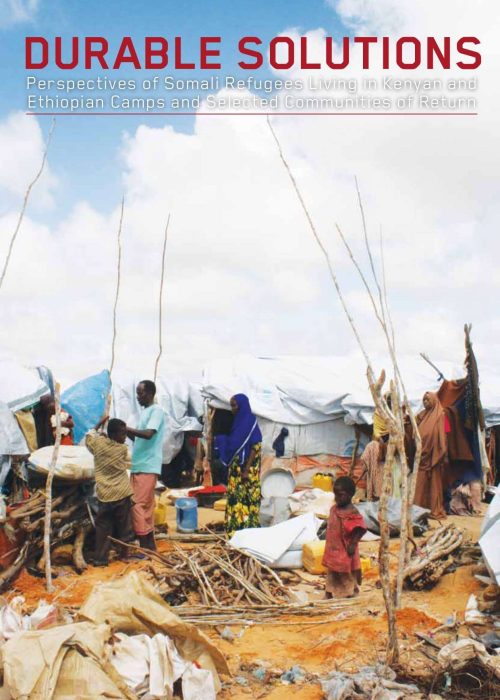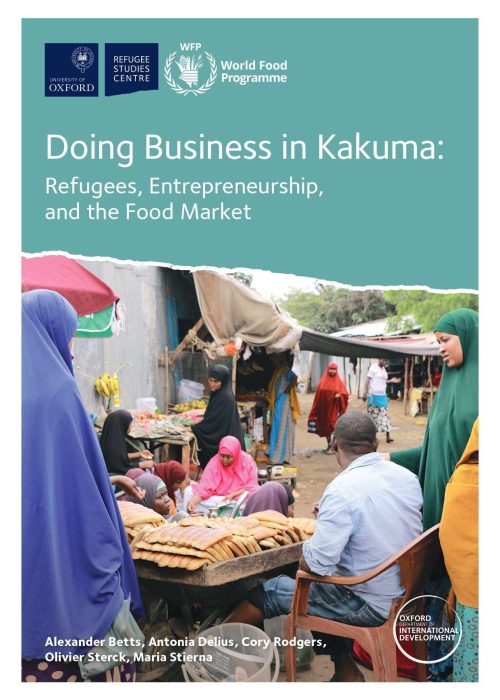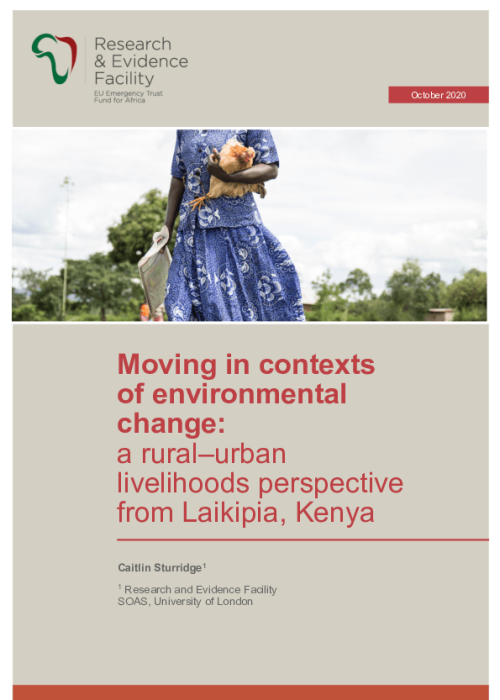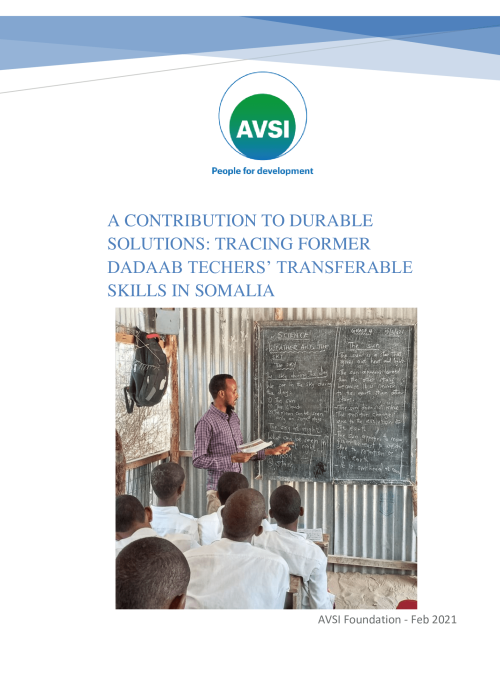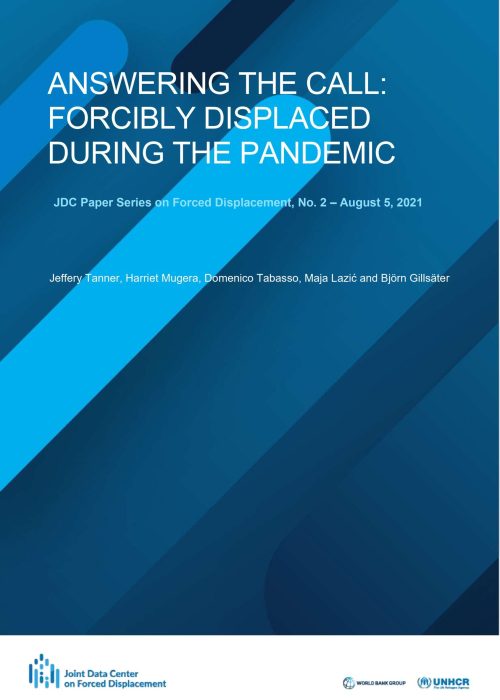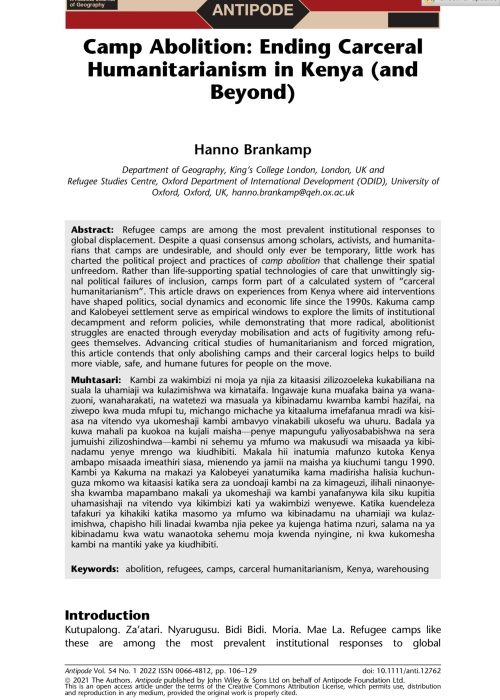Kakuma refugee camp and nearby Kalobeyei settlement in Turkana County in north-western Kenya today host close to 186,000 refugees from South Sudan, Somalia, Democratic Republic of Congo, Ethiopia, Burundi and Sudan amongst others. Many have spent years or even decades in camps, dependent on humanitarian assistance to meet their basic needs, unable to move freely due to Kenya’s encampment policy and facing barriers to earn income through employment, business or trade.
Supporting Kakuma’s Refugee Traders: The Importance of Business Documentation in an Informal Economy
This research and the recommendations will contribute to broader discussions related to policy changes that can allow refugees in Kenya to be self-reliant, and contribute effectively to the economies of the Counties in which they are hosted, while they wait for a more durable solution.
Share
| Author(s) | |
|---|---|
| Geographic Coverage | |
| Pages | |
| Publishing Organizations | |
| Theme | |
| Type of Study | |
| Year Published |
